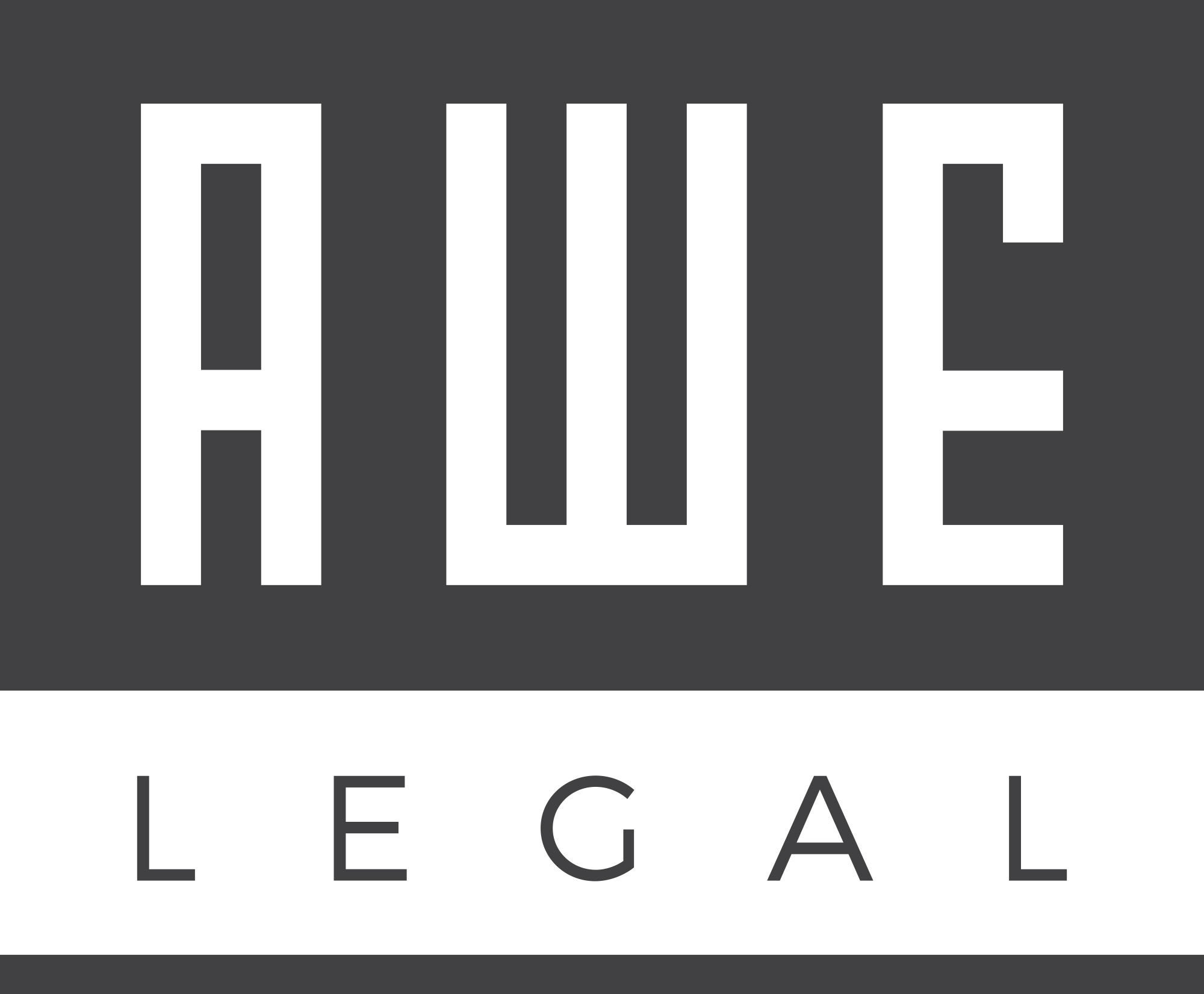Employees and Social Media: Best Practices
A recent federal lawsuit in the United States reveals some useful DO’s and DON’Ts when it comes to hiring employees and protecting confidential information. Now that social media is a huge aspect of business and marketing efforts, employers should be aware of who has access to accounts, how passwords are stored, and have systems in place for when there is a turnaround in staff.
(Solar Connect, LLC v. Endicott, Case No. 2:17-cv-01235 (D. Utah Jan. 13, 2020) (stipulated permanent injunction).
Background
The plaintiff in the case, Solar Connect (“company”) founded unique and confidential systems for generating large numbers of quality leads. Those systems included advertisements (“ads”) and pages on various social media platforms, as well as proprietary back-end software programs.
Solar Connect hired the defendant in a senior management position. He signed a non-disclosure agreement and was given access to the company’s confidential information and trade secrets. According to the complaint, he was trained on, or had access to, the company’s confidential backend parameters of its social media marketing system, and he had significant responsibility over various areas of the company’s online marketing efforts. The company also gave him login credentials to confidential social media ad marketing accounts, and client portal login information.
After 8 months, the company began questioning his trustworthiness and terminated his employment. Around 4-5 months later, Solar Connect discovered that someone was copying their lead generation system and methods as well as their landing page platform, social media strategies, and online marketing ads. The company later found out that, although it had changed almost all of its login credentials on the day it terminated the former employee, it had not changed the credentials for a central control panel. The company’s investigation determined that an unauthorized third party accessed that control panel without any failed login attempts or evidence of forced access attempts. The investigation led the company to believe that the former employee and several others, including several shell companies, were the cause.
As a result of the defendants’ actions, the company made several allegations and a lawsuit ensued. The parties settled in January of 2020.
Key Takeaways
This case serves as a reminder of several best practices when dealing with proprietary information of your company and employees:
1. When you hire an employee, the on-boarding process should include having the employee sign an appropriate non-disclosure agreement (NDA) and company should be sure to include confidential social media credentials.
2. If your company has trade secrets, be sure to protect them and limit access to them, including social media methods, algorithms, and credentials.
3. When an employee no longer works for the company, company should change all passwords to all accounts and systems to which the employee had access.
4. When a key employee leaves, company should keep a close eye on its competitors’ activity, including on social media activity.
If you have any questions about creating an employment agreement, independent contractor agreement, or non-disclosure agreement, reach out to AWE Legal at: info@awelegal.com
Our goal is to make sure you and your business are protected!

